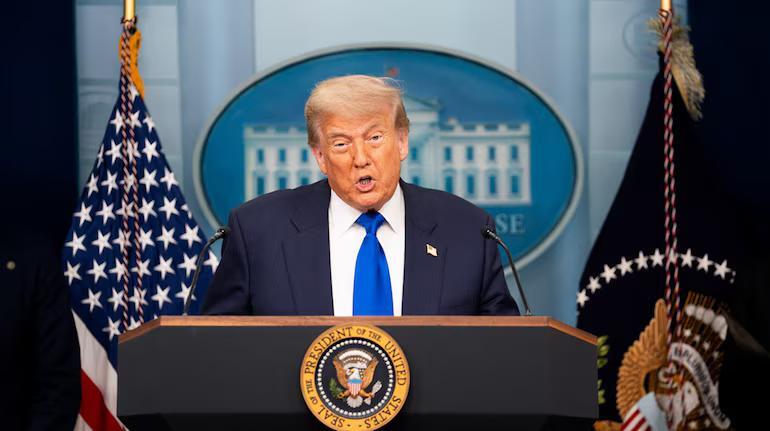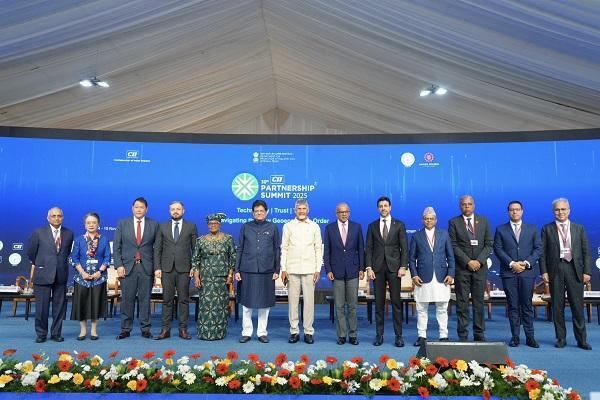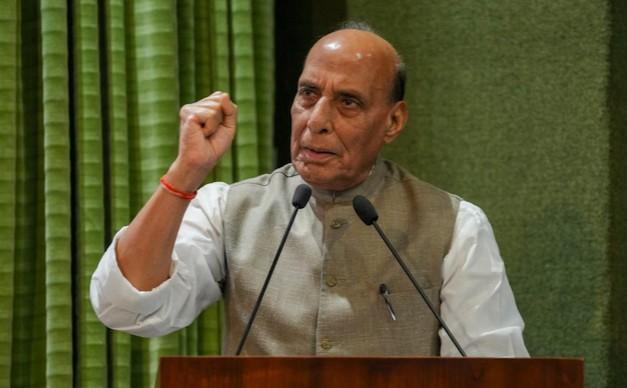
I Don’t Expect to Extend July 9 Tariff Deadline: US Prez Trump
The ongoing trade tensions between the United States and several countries have been making headlines for quite some time now. In a recent development, US President Donald Trump has stated that he doesn’t think he’ll need to extend the July 9 trade deadline he has imposed on countries to secure deals with the US to avoid higher tariffs. This announcement has sent shockwaves across the global trade arena, with many wondering what it means for the future of international trade and commerce.
As the deadline draws near, Trump’s remarks have raised hopes among some that the talks between the US and its trading partners may finally yield some positive results. However, others remain skeptical, pointing out that the US has a history of imposing tariffs and then negotiating exemptions or extensions.
In his recent remarks, Trump emphasized that he has the authority to do “whatever he wants” with the deadline, including extending it or making it shorter. When asked if he would extend the deadline, he replied, “I could…no big deal.” This statement has left many wondering what the President’s true intentions are and what the implications of his words might be for the global economy.
The July 9 deadline was set by the Trump administration as a benchmark for countries to come to the negotiating table and agree to terms that benefit the US. The deadline was initially set for May 23, but it was pushed back to June 1, and then again to July 9. The delay was seen as a sign of flexibility on the part of the US, but some have questioned whether it was merely a ploy to put pressure on trading partners.
The tariffs imposed by the US have had a significant impact on the global economy, with many countries retaliating with their own tariffs on US goods. The situation has created a complex web of trade tensions, with no clear end in sight. The US has imposed tariffs on steel and aluminum from several countries, including Canada, Mexico, and the European Union, while China has retaliated with tariffs on US agricultural products, including soybeans and pork.
The impact of the tariffs has been felt across various industries, from manufacturing to agriculture. Many businesses have been forced to absorb the costs of the tariffs, leading to reduced profits and even layoffs. The tariffs have also had a ripple effect on the global supply chain, causing delays and disruptions in the delivery of goods.
Despite the challenges posed by the tariffs, some experts believe that the situation may eventually lead to a more level playing field for American businesses. The tariffs have forced trading partners to re-evaluate their relationships with the US and to consider new trade agreements that benefit both sides.
In the meantime, Trump’s remarks about the deadline have left many wondering what the future holds for international trade. Will the US extend the deadline, or will it stick to its guns and impose the tariffs as planned? Only time will tell.
As the world waits with bated breath for the outcome of the trade talks, it’s clear that the situation is far from resolved. The tariffs have caused significant disruptions to global trade, and it will likely take some time to untangle the complex web of trade tensions that has been created.
In conclusion, Trump’s statement about the deadline has added another layer of uncertainty to an already complex situation. While some may see it as a sign of flexibility on the part of the US, others remain skeptical, wondering what the true intentions of the President are. As the deadline approaches, one thing is clear: the world is watching with great interest, hoping that a resolution to the trade tensions can be reached soon.






